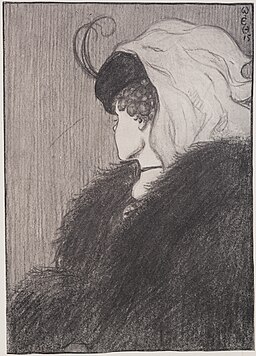What did the donkey say when he started to cough?
I’m sorry, I’m just a little hoarse.

However, in the case of humor, there is an almost reflexive groan as the “good” pun is also “bad,” creating mixed emotions. There is a sense of being tricked, as the mind struggles to hold onto two very different meanings that seem to be mutually exclusive. It is the wordplay equivalent of optical illusions. The humor is created by expecting one thing and getting another. Quite simply, a pun plays on the double meaning of a word or similar sounding words with different meanings.
Humor is one of the tools that helps us to stay present in the moment and not take ourselves too seriously. Let’s explore the rise and fall of the pun, witty and clever … punch in the gut.
Medical Condition

I know a few people that I am evaluating for this condition. Tests are pending.
“Lowest Form of Humor”
Today, the pun is often derided as the “lowest form of humor,” and has been denigrated to knock knock jokes and childish games. However, the lowly pun is just misunderstood.
Knock, knock.
Who’s there?
A broken pencil.
A broken pencil who?
Oh never mind it’s pointless.
 In Defense of the Pun
In Defense of the Pun

Check out John Pollack’s book, “The Pun Also Rises: How the Humble Pun Revolutionized Language, Changed History, and Made Wordplay More Than Some Antics.”
There are multiple factors for the denigration of the pun. In the English language, the transition from an oral language to written language and eventually the printing press created a more formal attitude. The scientific revolution railed against words having double meanings. From Aristotle and the early Greeks to the original Hebrew bible, a plethora of puns persist. As science moved away from the past and from religion, the move away from puns continued. Critics described it as crass and low-brow. (But I think they were just slow witted.)
Throughout history, many authors and speakers have come to the defense of the pun. The pun continues to appear in headlines and clever advertising campaigns. Throughout history, the pun has appeared in politics. We love the double meanings. It has been a frequent device of political satire as well as witty repartee. When it can’t be said outright, it often slides right into a pun.
On signing the Declaration of Independence in 1776, Benjamin Franklin said to the Continental Congress: “We must all hang together, or assuredly we will all hang separately.”
—John Pollack, The Pun Also Rises, p.90
“Shaggy Dog Story”
The “shaggy dog story” refers to a comic setup for the sole purpose of delivering the last line of puns.
Mr. Smith had just supervised the pouring of a fine new walkway outside his home and was outraged when—looking out his window a short while later—he spied his three boys pressing their hands and footprints into the wet concrete. Running out the door in a fury, he chased his children, yelling wildly. Not surprisingly, they scattered, and he couldn’t catch them. Still angry, he stomped back into the house, red-faced and sweaty. At dinnertime, hungry and contrite, the boys finally returned home to accept their punishment. Without mercy, he walloped all three.
“You brute!” his wife said. “Don’t you love your children at all?”
“In the abstract, yes. But not in the concrete!”
—John Pollack, The Pun Also Rises, pp.21-22
In Praise of the Pun
I originally picked up this book to learn how I can be more “punny.”
(Stop moaning. That did not hurt.)
Among other things, I learned that while the pun can go into the depths as “the lowest form of humor” … if you know anything about humor, there are lower forms…
In truth, within the proper context, “The Pun Also Rises” to a high art form as clever and witty.
Punsters in Action
Some of the most famous punsters are the classic Abbot and Costello.
The first video is filled with puns. Technically, the second is wordplay, but it is one of their most famous routines of all time, and I couldn’t resist including it. Remember … “Seven days without a pun makes one weak.”
Abbott & Costello: The Union Loafers Bakery Pun
Abbott & Costello: Who’s on First?


